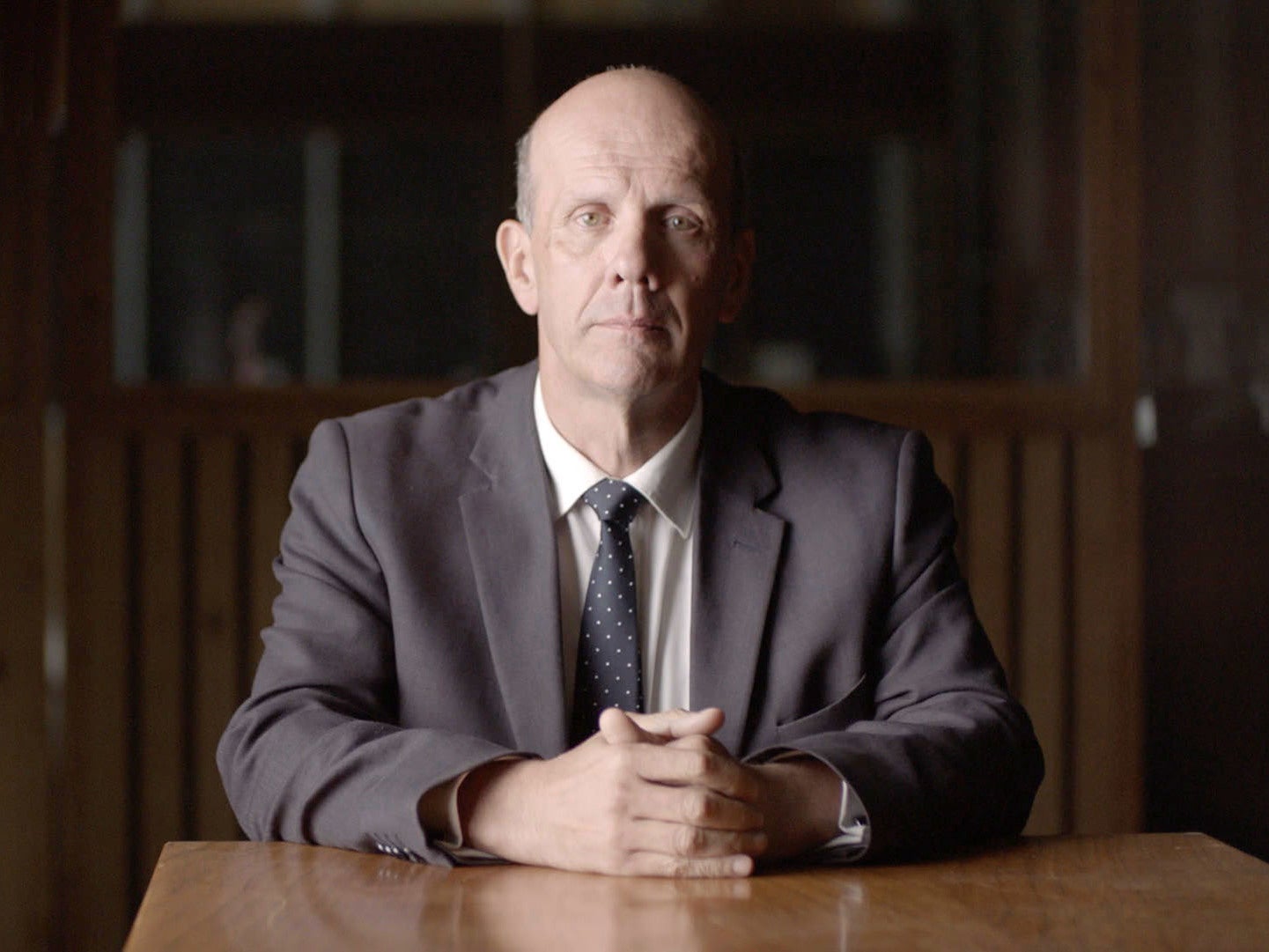Jill Dando murder detective 'felt we were a day away from solving it'
Man who led the inquiry into presenter's mysterious death suggests case will never be solved
Your support helps us to tell the story
From reproductive rights to climate change to Big Tech, The Independent is on the ground when the story is developing. Whether it's investigating the financials of Elon Musk's pro-Trump PAC or producing our latest documentary, 'The A Word', which shines a light on the American women fighting for reproductive rights, we know how important it is to parse out the facts from the messaging.
At such a critical moment in US history, we need reporters on the ground. Your donation allows us to keep sending journalists to speak to both sides of the story.
The Independent is trusted by Americans across the entire political spectrum. And unlike many other quality news outlets, we choose not to lock Americans out of our reporting and analysis with paywalls. We believe quality journalism should be available to everyone, paid for by those who can afford it.
Your support makes all the difference.Almost 20 years after Jill Dando’s murder and with her killer still at large, the detective who led the investigation into her death has said the case will never be solved.
The 37-year-old newsreader and Crimewatch presenter was shot once in the head on her doorstep in Fulham, west London, at 11.30am on 26 April 1999.
A man named Barry George was wrongly convicted of her murder and spent eight years in jail before being acquitted and released after a retrial.
The key forensic evidence used against him was a particle of gunshot residue in the pocket of a coat police found in his house.
However, during a retrial the jury accepted that one particle of gunshot residue was insufficient forensic evidence to place him at the scene of the murder.
Retired Metropolitan Police Detective Chief Superintendent Hamish Campbell has defended his team’s murder probe, and admitted he does not think any new suspects will ever be brought to court.
Speaking to the BBC for a documentary marking two decades since the TV favourite’s death, he said: “Do I think somebody will come back to court? Probably not, no.”
Some of the theories behind why Jill Dando might have been murdered
- The way she was killed with one bullet to the head means some believe she might have been targeted by a professional hitman, possibly hired by a criminal locked up because of publicity on Crimewatch.
- Another possibility was an attack by an obsessed fan – as Ms Dando was reportedly harassed by a fan in the year before she died.
- The killing might have been linked to a charity appeal she fronted for the Disasters Emergency Committee for people in Kosovo.
- Her death could have been revenge for Nato airstrikes on the former Yugoslavia. Two weeks before she died, Ms Dando reportedly received a letter from a Serbian source criticising her involvement.
- She might have fallen prey to a botched robbery or mugging attempt.
The programme, which airs next week, will reveal the decision-making happening behind the scenes of the inquiry into Ms Dando’s murder.
Mr Campbell added: “Sometimes I felt we were a day away from solving it and other times, I thought ‘no, we’re a long way away’.
“Senior officers were asking ‘what are the likelihoods of this case being resolved?’

“We had over 2,000 people named as potential suspects or responsible. Some actions to trace and eliminate one person might take a day. One action might take two weeks.
“But there’s thousands of them and that’s the issue of managing stranger homicides.”
The film will also show how BBC director general Tony Hall, then head of news at the BBC, was targeted with threatening phone calls in the weeks after Ms Dando’s murder.
“We had three calls, as I recall, to the BBC switchboards in London and Belfast,” he said.
“I listened to the voice of one of them, which said basically I was next.
“I have no idea what that amounted to; was it a real threat? Was it not a threat?
“You know there are often copycat things that happen after these sorts of events, and the police took it seriously, but I don’t know.”
The Murder of Jill Dando will air on BBC One at 9pm on Tuesday 2 April.

Join our commenting forum
Join thought-provoking conversations, follow other Independent readers and see their replies
Comments